When Processed is Not an Option
Oct 09, 2010, Updated Jun 18, 2014
What if eliminating many processed foods from your diet wasn’t presented to you as a choice? What if one day, you were told it is a medical necessity? That was the circumstance that Heidi Kelly and her family found themselves in five and a half years ago. Read on.
If you just discovered October: Unprocessed, go here to find out more and take the pledge. Don’t worry if you missed the start date! You can start your 30 days today, or simply join in for the rest of the month.
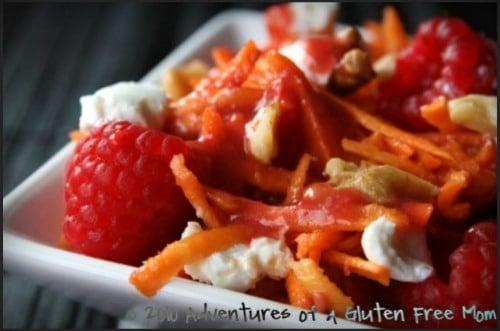
My name is Heidi and I write a gluten-free lifestyle blog called Adventures of a Gluten Free Mom. I don’t really refer to it as a food blog anymore because the gluten-free lifestyle is about so much more than simply how we are required to eat. Myself, my children and many of my readers have celiac disease, a genetic autoimmune condition in which minute consumption of gluten-containing grains triggers an immune system response that attacks our small intestines. Aside from the damage that can be caused to our intestines (inhibiting our ability to absorb needed nutrients), it is typically not a good idea to have one’s immune system in the “super-ramped-up” mode all the time. Many of my readers also have non-celiac gluten sensitivity, which although different in nature, puts those folks at risk for many of the same issues that a celiac has to face (there is still a lot of research being done here). The only treatment for both of these conditions is to eliminate (not reduce, eliminate) foods from our diet that contain gluten: wheat, barley, rye, and commercial oats.
If you think about it, many mainstream processed foods contain gluten, and not just the “dinner-in-a-box” type of fare. Pasta, bread, pretzels, soy sauce, soups, most breakfast cereals: These are all eliminated from our diet if made in the traditional manner using wheat or barley (malt, malt flavoring) or non-certified gluten-free oats (it’s a contamination issue). As I read more and more labels, I began to realize just how many processed foods contain one of the toxic ingredients for celiacs. And going to a restaurant can be terrifying; the smallest amount of cross-contamination can make us sick for some time (no, you can’t just pick the croutons off the salad!).
For my family, the process of going unprocessed has been a long journey of discovery. While there are many wonderful (and often expensive) substitute products made with “unconventional” flours, we have continued to slowly grow into an almost entirely unprocessed lifestyle. Partially out of choice, partially out of necessity. When I started to really pay attention to food labels looking for gluten, I slowly began to notice all of the other things in processed food. I know there are many chemists who say that these “ingredients” are safe, and many “authorities” agree. But just because something won’t make you feel “sick” the next day does not mean it is “safe.” What if all of this processed stuff is not making us acutely sick, but chronically sick?
But I digress. For me and my family, October Unprocessed will mean speeding up a bit on this path we find ourselves. Sometimes I think a mistake we make when we realize that change is necessary in our lifestyle is that we fail to mentally consider the effort involved, seek alternatives, and rally support. Our brains are funny organs with crazy wiring, capable of sending a “please eat that” signal to our fork and stomach. This can happen because of an aroma, sight, or even knowing that something is in the pantry. If you try to rip the processed food band-aid off your diet all at once, your brain might not like it too much. This is why I began by making my own homemade versions of popular kid fare, like Goldfish Crackers… no food coloring and no preservatives!
So I say start with the obvious. Let’s face it, there are processed foods in your pantry and refrigerator right now that you know in your heart are just not remotely healthy. Eliminate a few of the obvious offenders (sugary cereal, cheese in a pressurized can, etc.) And I don’t mean “we’ll eat it and just not buy another one.” Eliminate it. Gone. If you don’t want to waste it, take it to the food pantry or a neighbor (be prepared for the look). Honestly though, you lost your money the second you bought it, so do you want to “waste” it in the trash can or “waste” it on your body?
Now you HAVE to find a better alternative for breakfast, because there isn’t the box of processed carb-calorie-chemical joy in your pantry. You HAVE to think of some better snacks because Mr. Bacon Cheddar Cheese Can isn’t asking to be spread on a cracker. What else could you put on that cracker? That’s how it started for me (gluten-free crackers of course). Now I am experimenting with making my own crackers and have found some wonderful ideas for healthy, unprocessed cracker spreads.
Going unprocessed does not have to necessarily mean going without. Many of the processed foods we buy are simply old recipes, once made with real foods, that have been chemically enhanced for flavor, color, and shelf-life, now manufactured with lower quality ingredients. Discovering your inner chef and finding new ways to make your favorite foods for yourself is not only healthy for you, it is great fun and a wonderful time with family and friends.
The longer I go without the processed foods, the more my sense of taste has come alive. Now that my taste buds are no longer being assaulted by enormous amounts of sodium, sugar, synthetic food dyes, and chemical preservatives, the true flavors of real foods have become so beautiful and vibrant to me. I now actually crave raw beets! The even sweeter part of that equation? My young children are growing up with a love of the very vegetables that would make me gag as a child.
It has been a journey for sure and I am still not at the finish line, but the thing is, I decided to take the first step. And you can, too! There are so many great bloggers and resources out there, getting started may not be as hard as you think.
Good luck and good cooking.
—
Pictured above are Heidi’s Gluten-Free Goldfish Crackers and her Shredded Beet Salad with Fresh Raspberry Vinaigrette.
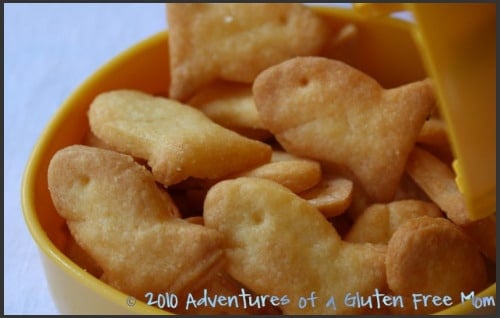
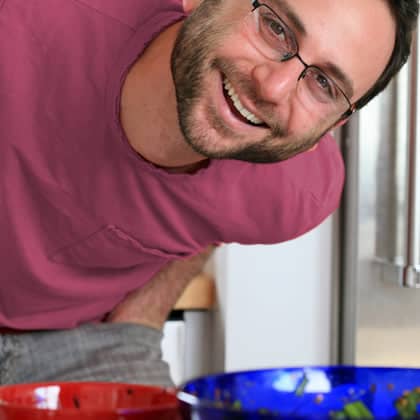
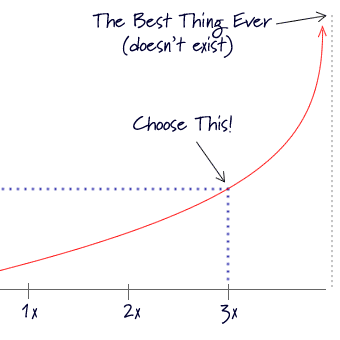

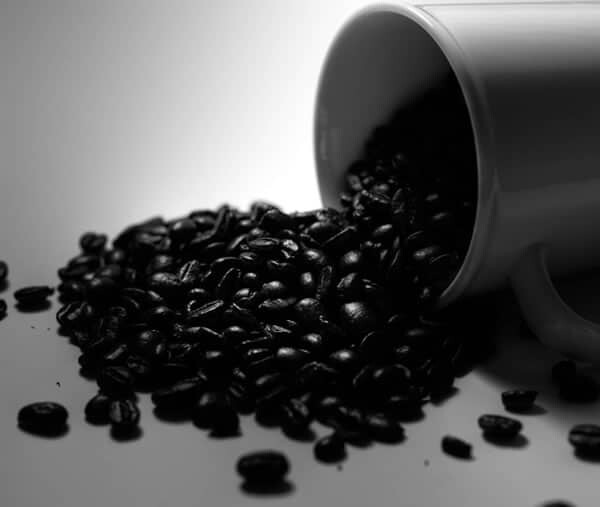
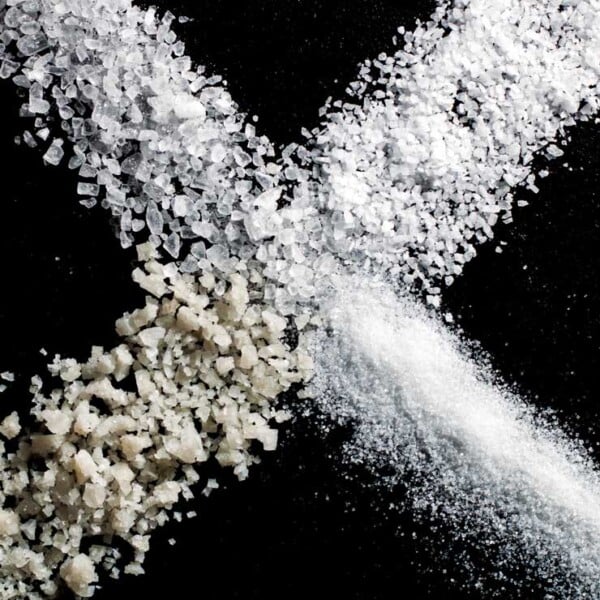















i found this post to be worrisome. when is throwing food away ever ok? the suggestion to donate is great and forget about “the look” – more than 34.9 million americans are food insecure. food banks have been consistently running out of food in the last year. no, processed cheese isn’t good for you or anyone else, but if it’s the only option someone else had to feed themselves with…? i just don’t know if i can get behind the idea of throwing it away.
Lauren, you make an excellent point, and thanks for raising this issue.
I think Heidi’s main idea was that sometimes you may decide that even if you’ve already purchased something, it’s worth it to “cut your losses” and not consume it. But yes, I think we can all agree that throwing away food (even if it’s processed) is not the best way to go. There is indeed a tremendous amount of food waste in our society (I’ve seen estimates as high as 50%!), and an equally disturbing number of people who don’t have access to adequate food.
Beautifully explained, Heidi. In so many ways celiac disease is a gift. It is also the start of making all food safer and I see so many of us starting with our own diets and then becoming activists to insure food quality and safety for everyone. It has opened up a whole new world. I love seeing all kinds of food bloggers and activists joining forces like this, so thanks to you, Andrew. It was great listening to your thoughts at the BlogHer Food Values Sessions.
Wendy
Hi Wendy,
Those “Values” sessions were terrific – and I’m glad they were in a smaller, more intimate room. I think many of us (self included) got a ton out of them!
I love that you are able to consider celiac as a “gift.” I can definitely see how by limiting choice, it can actually increase satisfaction. I read a great book a couple of years ago, that I highly recommend: The Paradox of Choice: Why More is Less. Definitely a worthy read. 🙂
All my best,
Andrew
I couldn’t have said it better myself! Heidi, you are an inspiration. This is much the same way I was turned on to “unprocessing” my diet too.
Thanks Heidi for a great post! You are doing amazing things for you and your family – and your readers. Anything is possible! Andrew – thanks for sharing Heidi with your readership! As I’m sure you know, she is amazing!
What a great post…I agree that eliminating processed foods is a journey of awaking taste buds. I wouldn’t trade the last 7 years of learning to eat healthier for anything. Someone asked me what processed foods I buy and, after thinking about it, I had to say none. I just don’t eat them. And I feel better this way.
That being said, not all processed foods are bad. There are many smaller companies – and some bigger ones too – that are starting to develop healthier foods. It’s great for people who don’t have the time to cook like I do. For people that travel for work, it’s a nightmare trying to get a decent meal and not eat anything processed.
Amy – I certainly agree that not all processed foods are bad. There’s a difference between processing that makes food more healthful, and processing that makes food less healthful. (Did you see Cynthia’s post In Praise of Traditional Food Processing?)
I also concur that the convenience of some processed foods may outweigh the downsides — which is where the “Kitchen Test” comes in. I’m thinking of Lara Bars (just dates and nuts) instead of Power Bars, as one easy example.
I agree about the chemicals. Good digression 🙂 Good post!